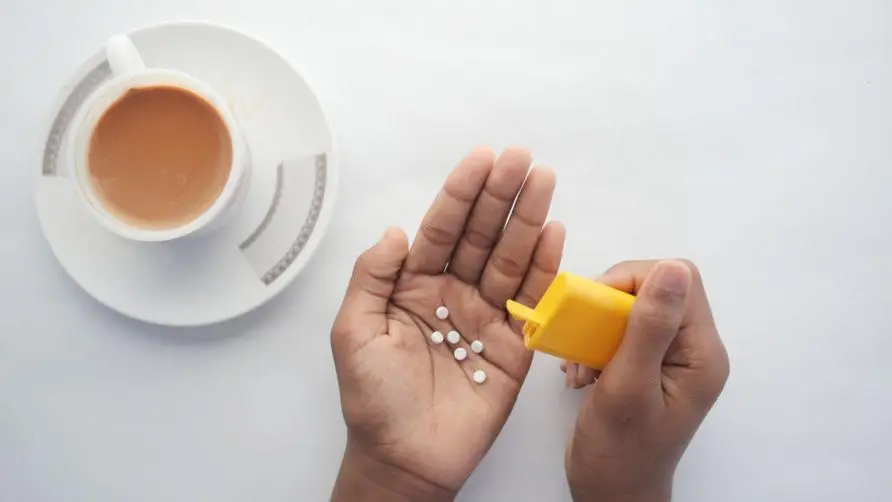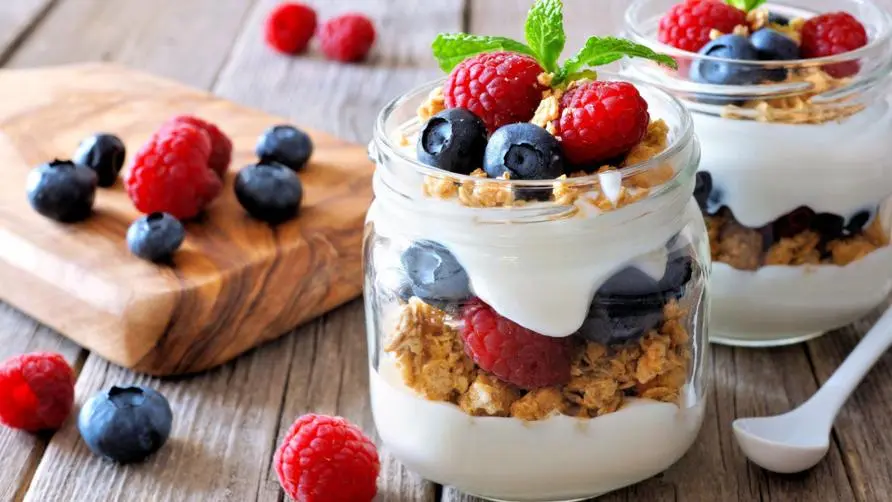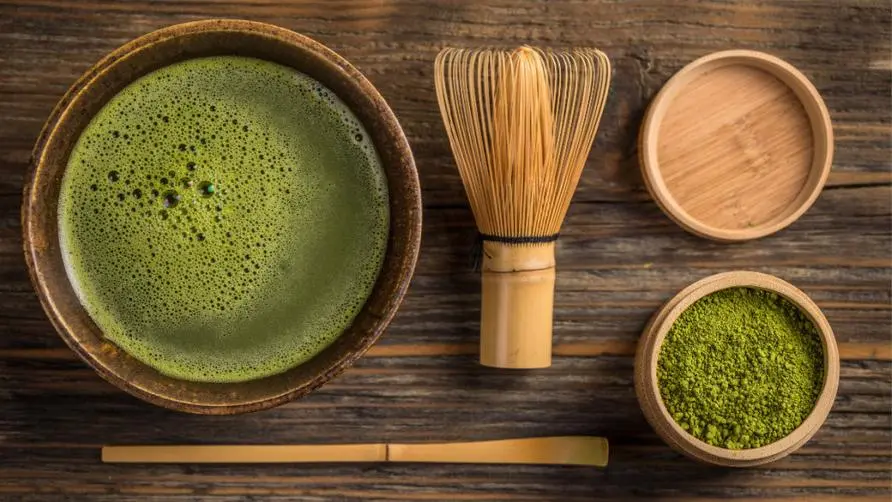Isn't it healthier to use "sugar substitute" instead of sucrose? Harvard study reveals: Overdose can cause depression and may cause cancer

The International Agency for Research on Cancer (IARC), a department of the World Health Organization (WHO), recently announced that the artificial sugar substitute “Aspartame” (Aspartame) may be classified as a potential “carcinogen”; now the dangers of sugar substitutes may be again Add a touch. A study in the authoritative medical journal “JAMA Network Open” pointed out that excessive intake of artificial sugar substitutes may cause healthy adults to have a higher risk of depression.
Intake of 8 processed foods linked to depression? Study: Consuming artificial sugar substitutes has the strongest correlation
A research team from Harvard University in the United States monitored the eating habits of 30,000 female subjects over 14 years and classified the “ultra-processed foods” they consumed daily, including sweets, ready-to-eat foods, fatty foods, and sauce foods. , processed meats, carbonated drinks and sugar substitutes, etc. The findings suggest that higher intakes of ultra-processed foods, especially artificial sugar substitutes and beverages, are associated with an increased risk of depression.
The study specifically highlighted the link between artificial sugar substitutes and sugar-substituted drinks, and a higher risk of depression, which remained strong even after taking into account many other potential factors that may contribute to depression, such as age, exercise and smoking habits. Harvard University emphasized that although the mechanism related to artificial sugar substitutes and depression is still unclear, the nutrition journal “Nutrients” suggests that the following are possible reasons:
Neurotransmitters. Despite their caloric content, artificial sweeteners may affect the balance of neurotransmitters such as serotonin and dopamine in the brain. These compounds play a role in regulating mood, so any disruption could lead to symptoms.
Gut-brain axis communication. It appears that artificial sweeteners may affect the composition of the gut microbiota, which in turn affects the connection between the gut and the brain, a communication system known as the “gut-brain axis.”
Metabolism and hormones. Artificial sweeteners may alter metabolic processes and hormonal responses in the body, leading to changes such as blood sugar fluctuations and insulin resistance.
The reward system is broken. Research shows that artificial sweeteners, which provide sweet taste without calories, may make people more likely to crave specific foods, disrupting the brain’s reward system and potentially leading to cravings for processed foods.
Psychological impact. How people view sweeteners as alternatives can impact their overall mental health. For example, users who have a negative view of sweeteners or feel guilty about consuming them may affect their mental state.
Are artificial sugar substitutes harmful to more than just cancer? Beware of fetal dysplasia and neurological diseases
In addition to the potential risk of depression, excessive intake of artificial sugar substitutes will also cause other health effects? Research also from Nutrients shows that consuming artificial sweeteners during pregnancy may increase the risk of premature birth and allergic diseases in the future. In addition, artificial sweeteners may also lead to adverse glucose and insulin tolerance, changes in gut microbiota composition, weight gain, and increased risk of type 2 diabetes in the fetus after birth.
Exposure to one type of artificial sugar substitute: “aspartame” can also cause various neurological effects, including neurological and behavioral disorders, such as headaches, involuntary convulsions and depression. These effects are attributed to the metabolism of aspartame, resulting in the production of phenylalanine, aspartate, and methanol, all of which can cross the blood-brain barrier and interact directly with neurotransmitters.
In addition, the interaction between aspartame and intestinal microbiota may also lead to the release of “corticosterone” and “adrenocorticotropic hormone” (ACTH), which may have a serious impact on the body’s circadian rhythm and hormonal regulation.
“Aspartame” is classified as a secondary carcinogen! Which foods contain artificial sugar?
Aspartame is 150-200 times sweeter than sugar, but has almost zero calories, so it is widely loved by consumers who eat healthy. Aspartame is found in more than 6,000 products worldwide, and the common ones in daily life are as follows:
Diet soda/cola, including Diet Coke.
Sugar-free gum.
Sugar-free diet drinks.
Low-sugar condiments, such as “sugar-free syrup” and other products.
Sugar-free gelatin, which is more common in sugar-free jelly.
Cough drops.
Sugar-free desserts, such as cakes, candies, etc.
Baked goods.
Although most food and beverage products containing aspartame are promoted as “healthy” or “weight loss” alternatives to sugary products, the ability of these products to reduce the risk of diabetes or obesity has never been proven. Studies have shown that the flavor of sugar-free drinks with aspartame added may increase hunger and lead to weight gain.
Generally speaking, if you do not over-intake artificial sugar substitutes and become dependent on them, the impact on your overall health is not as great as imagined. However, it is still recommended not to rely too much on artificial sweeteners. In fact, studies have proven that sugar substitutes are not necessarily healthier than sucrose; on the contrary, some zero-calorie drinks may even increase the risk of obesity. If you have concerns about the use of sugar substitutes, you should also consult a nutritionist or physician in advance to avoid excessive intake.
Source:
Consumption of Ultraprocessed Food and Risk of Depression
Aspartame—True or False? Narrative Review of Safety Analysis of General Use in Products
Further reading:





